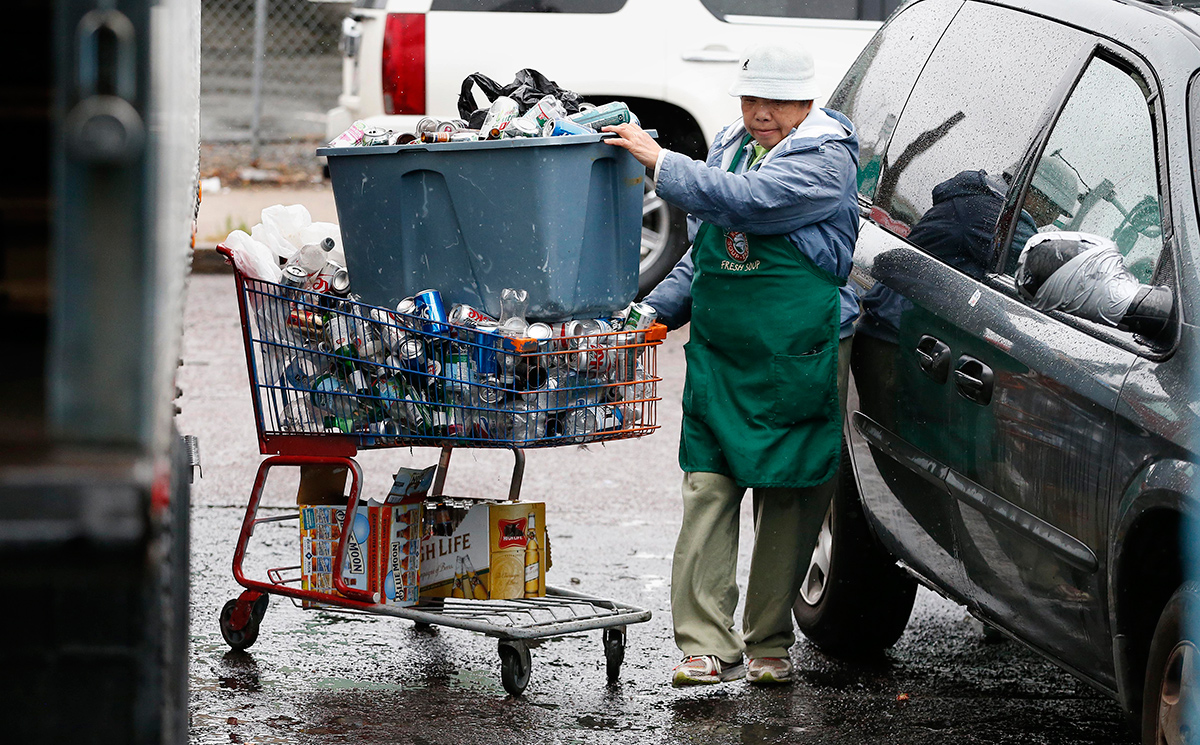What Voting ‘Yes’ or ‘No’ Means on the 2014 Massachusetts Ballot Questions

Associated Press
A friendly reassurance: voting on ballot questions is kind of confusing. Even if you follow the debates around this year’s referenda, you may have trouble keeping straight what a “yes” vote or a “no” vote actually means. In some cases, a “yes” means you support a new law. In other cases, it means repealing an existing law, making it feel a bit like a “no.”
Of course, if you get confused, you can always read the ballot carefully while you’re in the voting booth Tuesday. But no one likes to hang out in a high school gym longer than they have to. You’re not busy right now. Might as well do some prep work:
You’ll recall that the legislature passed a law in 2013 pegging the gas tax rate to inflation so that it would automatically rise (or fall) as the price of goods rises. Now, voters have a chance to repeal that, and polls predict a pretty close vote.
If you vote yes… you’re voting to repeal that law. That means the gas tax would no longer rise automatically with inflation but would stay at 24 cents per gallon until the legislature voted to change it.
If you vote no… you’re voting to keep the law in place. Nothing will change, and the gas tax will move with inflation.
Currently, Massachusetts takes a five cents “deposit” when you buy beer and soda cans. If you return the recyclables to a redemption center, you can get those five cents back. Now, Massachusetts will decide whether to extend that incentive program to water bottles, sports drinks, and other “non-alcoholic non-carbonated drinks in liquid form.” Environmentalists argue it will encourage more recycling. The bottling and grocery industries don’t want to see prices rise.
If you vote yes… The deposit will be added to water, sports drinks, juices, and other beverages.
If you vote no… those non-alcoholic, non-soda beverages won’t have a deposit, and you won’t get money back if you bring them to a recycling center.
Unless your brain lacks the ability to process basic information, you’ve probably heard that in 2011, a legislature-passed law allowed for three casinos to be built in Massachusetts. Since then, plans have gone forward to build resort casinos in Everett and Springfield. Now, after much tribulation, voters will decide whether to stop those plans in their tracks.
If you vote yes … you are voting to repeal the casino law. A “yes” vote means “no more casinos.”
If you vote no… you are voting to keep the casino law in place. Massachusetts will still have casinos. (Polls suggest you’ll be on the winning side of this one.)
This proposal would allow workers at companies with more than 11 employees to earn and use up to 40 hours of paid sick time each year. Right now, sick leave policy is often up to the employer, but this would require companies to give employees that time.
If you vote yes … You are voting to give workers guaranteed sick time.
If you vote no… you are rejecting the proposal. Employers will continue to decide whether to grant sick time to employees.
So a “yes” vote on Questions 2 and 4 would enact new policies. “Yes” votes on Questions 1 and 3, meanwhile, would reject or repeal existing policies. There, that wasn’t so hard!

